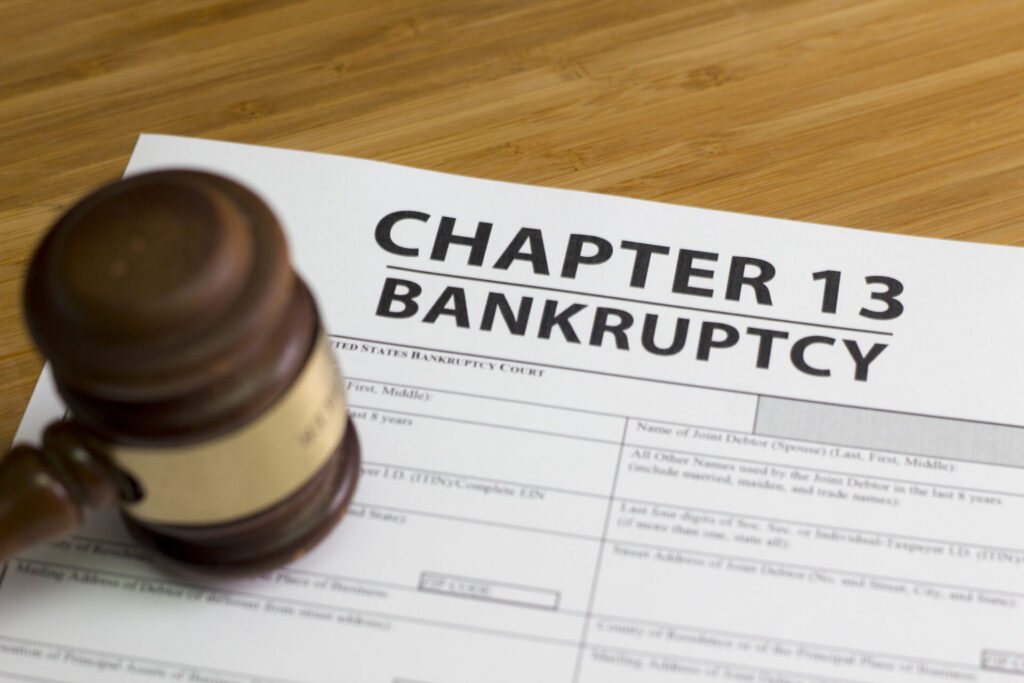In today’s world, the cost of healthcare can be exorbitantly high, leading many to face significant financial challenges due to medical debt. The pressure and stress of these debts can be a heavy burden, making it difficult for individuals to see a way out.
Thankfully, there are legal avenues available that can help alleviate this burden and provide a pathway to financial recovery. One such avenue is Chapter 13 bankruptcy, a solution that, though often misunderstood, can offer a lifeline to those sinking under the weight of medical bills.
This blog post will explore how Chapter 13 bankruptcy works, specifically in the context of medical debt, and how it can serve as a tool for financial restructuring and relief.
Understanding Chapter 13 Bankruptcy
Chapter 13 bankruptcy, also known as reorganization bankruptcy, is a legal process that allows individuals with a regular income to create a repayment plan to pay off their debts over a few years.
Unlike Chapter 7 bankruptcy, which is where you liquidate assets to pay off debts, Chapter 13 allows individuals to keep their assets while restructuring their debts. This can be especially beneficial for those with substantial medical debt, as it provides a structured and manageable way to repay what is owed.
Helping With Medical Debt
One benefit of filing for Chapter 13 bankruptcy to address medical debt is the ability to include all medical bills in the repayment plan. This means that individuals can consolidate their medical debt into one affordable monthly payment, making it easier to manage and pay off over time.
Additionally, filing for Chapter 13 can put a stop to collection calls, wage garnishments, and other aggressive debt collection actions, providing relief and peace of mind.
Creating a Repayment Plan
When filing for Chapter 13 bankruptcy, individuals work with a court-appointed trustee to create a repayment plan that outlines how they will pay off their debts over three to five years. The trustee will determine the amount that the individual must pay each month based on their income, expenses, and the amount of debt owed.
This monthly payment is generally lower than the total amount of debt owed, making it more manageable for individuals to stay on top of their payments while still covering their living expenses.
Completing the Repayment Plan
Once the repayment plan is approved by the bankruptcy court, individuals must adhere to the terms of the plan and make their monthly payments on time. By completing the repayment plan, individuals can discharge any remaining unsecured debts, including medical bills, at the end of the three to five-year period.
This can provide a fresh start for individuals who have been struggling with medical debt, allowing them to move forward with a clean slate and a more stable financial foundation.
Seeking Legal Guidance
Filing for Chapter 13 bankruptcy can be a complex and challenging process, especially when navigating the intricacies of medical debt. It is important for individuals considering bankruptcy as a debt relief option to seek the guidance of a knowledgeable bankruptcy attorney who can provide expert advice and support throughout the process.
An experienced attorney can help individuals understand their rights, navigate the legal requirements of Chapter 13 bankruptcy, and work towards a successful resolution of their medical debt.
Chapter 13 bankruptcy can be a valuable tool for individuals struggling with overwhelming medical debt. By creating a structured repayment plan, consolidating medical bills, and providing relief from aggressive debt collection actions, Chapter 13 bankruptcy offers a path toward financial stability and a fresh start.
If you are drowning in medical debt, consider exploring Chapter 13 bankruptcy as a potential solution to regain control of your finances and move towards a brighter financial future.
Reach out to our office at North Metro Litigators to learn more about how Chapter 13 bankruptcy can benefit you.


